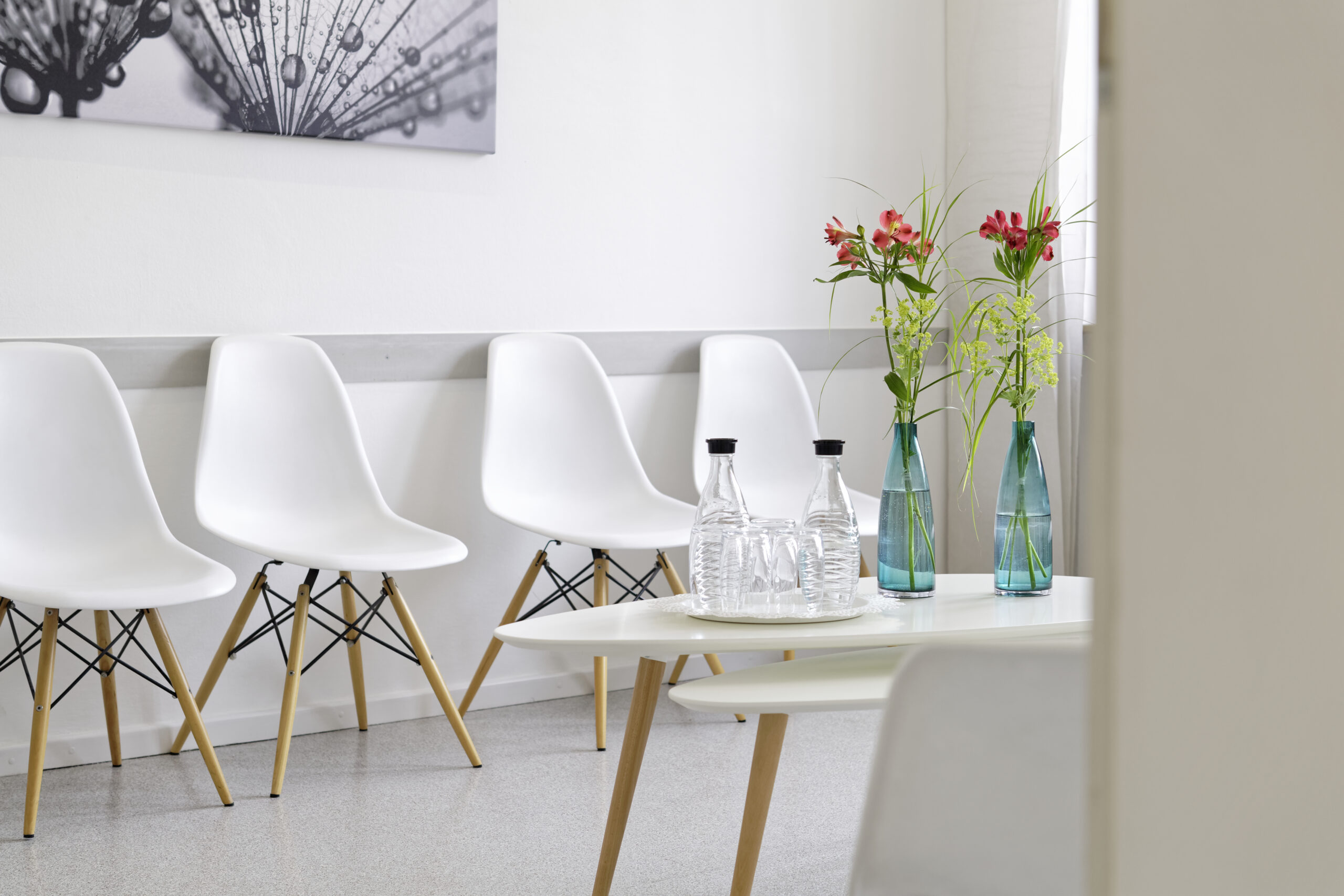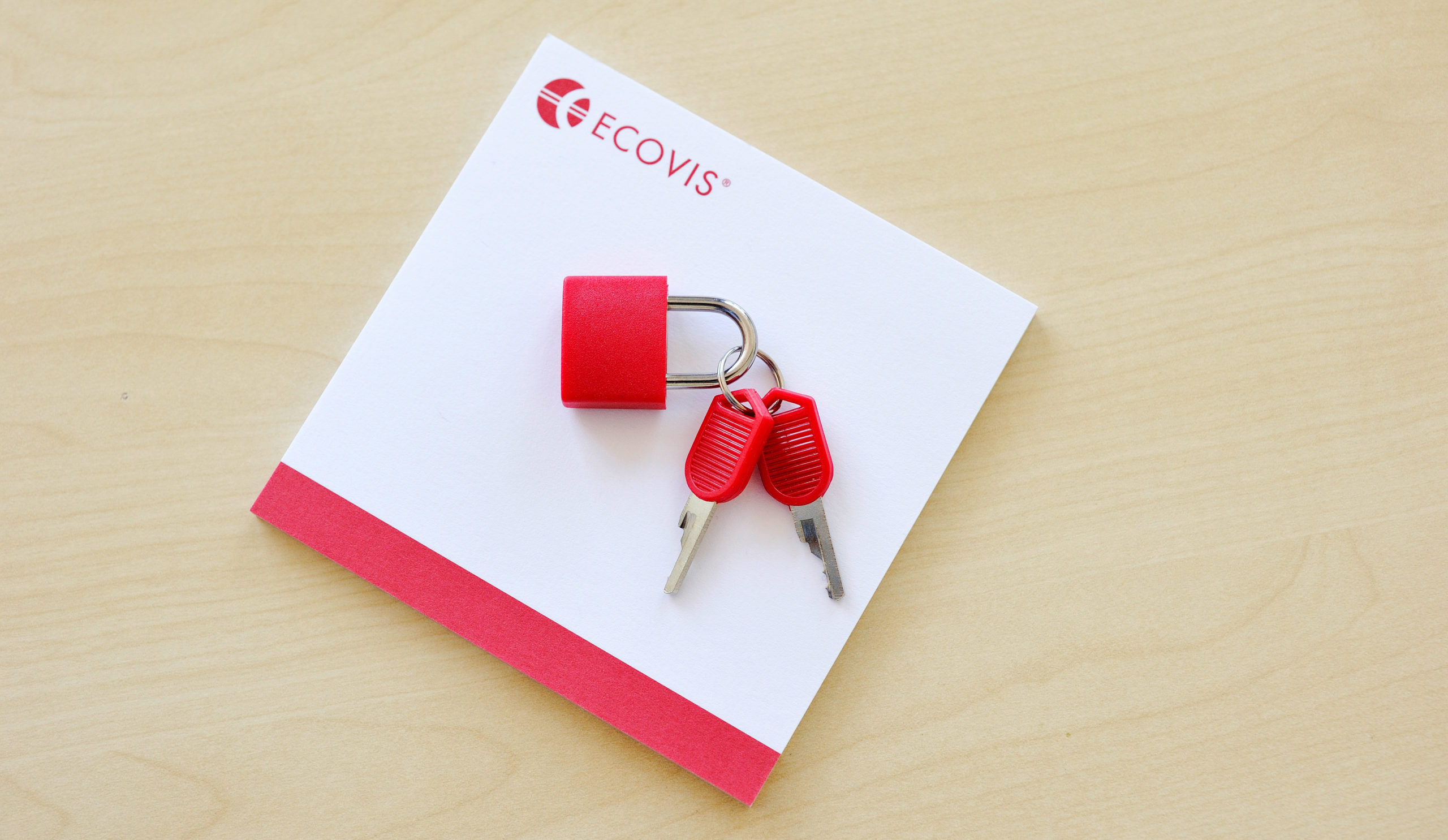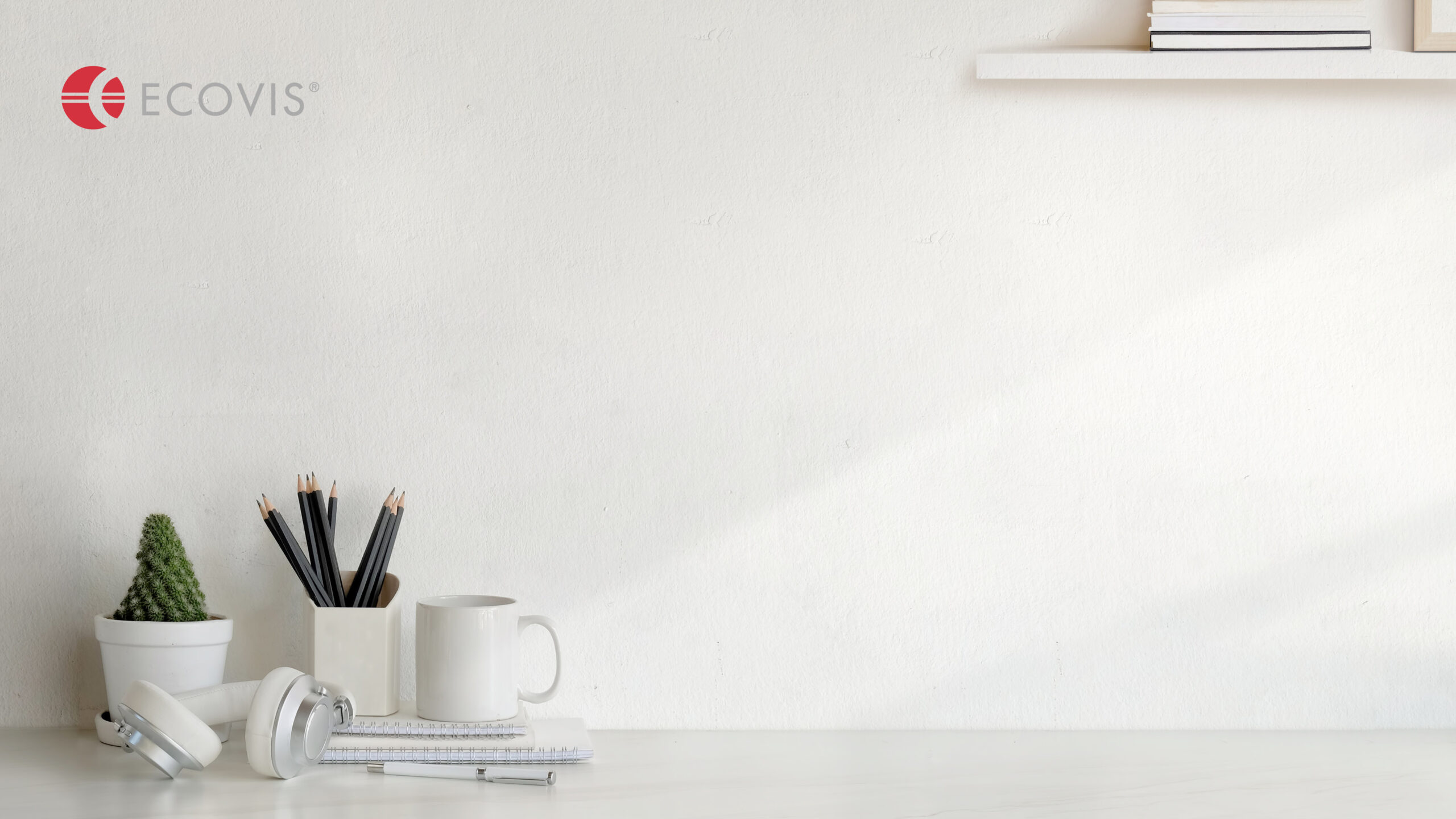Airbnb and use of flats and houses for accommodation in Czech Republic
The current Czech legislation does not yet fully reflect the current issue of accommodation provided through platforms such as Airbnb or Booking. Although an amendments aimed at regulating this type of services and establishing clear rules are currently being prepared, for the time being, it is rather necessary to rely on court decisions.
One of the biggest problems with the current regulation is the lack of clarity between short-term rent and accommodation. It is not clear from the law whether the providing of accommodation, and therefore business, is already occurring when using a platform such as Airbnb or only when the service is provided at a certain intensity over a certain period of time.
New methodology of the Ministry for Regional Development
A new methodological recommendation of the Ministry of Regional Development concerning the providing of accommodation services in residential buildings is an intermediate step that will help to clarify some controversial aspects of Airbnb operation. The methodology contains both a definition of basic terms related to the issue, which we will also discuss later in this article, and it regulates the recommended procedure for building authorities in the event of identifying violations of the relevant legislation.
Rent and accommodation under Czech law
The main problems associated with the provision of short-term rentals stem from the existence of two related institutions, rent and short-term accommodation (temporary rentals), between which there is no clear boundary. However, the new methodology of the Ministry of Regional Development deals with these concepts, so it is necessary to clarify the difference between them and what they mean for Airbnb providers.
The lease of a apartment and a house can be defined, in the sense of Article 2201 of the Czech Civil Code, as an obligation of the landlord to provide the tenant with the apartment or the house which is the subject of the lease in order to meet the housing needs of the tenant and, if applicable, members of his household. In contrast, accommodation is defined by the Czech Civil Code as an obligation to provide temporary accommodation to the occupant in a facility designed for that purpose.
The main difference is the nature of both institutes, where rent is used directly for living, while accommodation assumes that the occupant has his/her own living place located elsewhere. Other important differences between the institutes are also the requirements imposed by law for their providing. For accommodation, as opposed to renting, the law imposes, for example, the need for a business license to provide accommodation services, the consequential requirements for doing business, or a different purpose for using the building in which the accommodation is provided.
Airbnb in Czech Republic as a rent?
There are certainly many more requirements associated with providing accommodation than with renting, whether it is the need to pay VAT, the obligation to set up a business or the payment of a local fee. However, is it possible to avoid the obligations associated with the providing of accommodation and classify the activity as a short-term rent under certain conditions?
Over the last few years, the decision-making of the courts (especially the Municipal Court in Prague, which resolves most disputes of this type) has become more stable, to the detriment of the lease. In 2020, we have already dealt with the regulation of Airbnb services (https://www.ecovislegal.cz/en/czech-legal-news/proposals-for-changes-in-czech-airbnb-legislation-and-short-term-accommodation-in-2020/) and at that time, for example, the Municipal Court in Prague, in its judgment of 21 November 2019, admitted the restriction of these services through the statutes of the unit owners' union.
Since then, the situation has further developed, with the Municipal Court in Prague specifying in judgments 8 Af 20/2020-31, 6 Af 19/2020-30, 6 Af 20/2020-32 and others why it sees in offers provided through portals such as Airbnb the providing of accommodation and why these offers cannot be classified as rent.
Airbnb in Czech Republic only as an short-term accommodation
The Court has addressed the condition of consistency quite extensively in its judgments. In this regard, it refers to the Supreme Court's decision of 22 April 2008, Case No. 22 Cdo 679/2007, where the Supreme Court says that continuity does not mean that the gainful activity must be carried out continuously or permanently.
The court also focused on other aspects of the providing of accommodation through portals such as Airbnb. The Court identified the characteristics that distinguish accommodation from rent as, for example, the short-term nature of the accommodation, the price calculated on a daily or weekly rate or the absence of maintenance. In the judgement of the Municipal Court in Prague of 22 June 2022, Case No. 6 Af 19/20200, the court, referring to the Constitutional Court's ruling II. ÚS 544/2000, said that accommodation provided through Airbnb-type portals "cannot fulfil the statutory purpose of renting an apartment, as they do not satisfy the need for housing, but satisfy the need for accommodation, and therefore it must be classified as an accommodation service under Section 2326 of the Czech Civil Code".
In view of the above, it can be said that it is now quite clear that the providing of services through portals such as Airbnb must be classified as the providing of accommodation and the provider must comply with all the obligations associated with this. These include, in particular, the obligation to have an established business license, to pay local fees, to keep a guest register, to ensure waste collection or to pay VAT.
Airbnb and space re-licensing in Czech Republic
Having established that services such as Airbnb must be classified as providing short-term accommodation, we can move on to the Building Act and the restrictions it places on providers. In particular, the purpose of the use of the building and the need to re-license the premises as an accommodation unit. The aforementioned methodology of the Ministry of Regional Development clearly tells us that 'an apartment or family house cannot be used spontaneously for the provision of accommodation services, as this results in the owner of the building using the building in contravention of its authorised use', but it is necessary to clarify why this is the case.
The basic provision of the Building Act on which we must base our approach is Section 230(1), which provides that 'a building which requires a permit may be used only on the basis of an approval decision and only for the purpose specified in that decision'. It is clear from that provision that premises approved for residential use cannot be used for the providing of accommodation. However, there is no clear consensus among experts as to whether this regulation is applicable to the Airbnb issue.
Arguments against re-licensing
In addition to Section 230, the Building Act further distinguishes in Section 13 (b), (c), (e) between buildings for housing (apartment and family houses) and buildings for accommodation. In Section 13(e), the law explicitly states that an apartment house, a family house or a building for family recreation are not accommodation buildings. Opponents of the necessity to re-license apartments often use these provisions of the Building Act in connection with the definition of the content of trade No. 55 accommodation services as set out in Annex 4 of Government Regulation No. 278/2008 Coll. as an argument against the necessity of re-licensing, e.g. in the following article (https://www.epravo.cz/top/clanky/airbnb-byty-neni-treba-rekolaudovat-118016.html). The definition of the content of accommodation services reads as follows: 'Providing of accommodation in all accommodation establishments (e.g. hotel, motel, camping, hostel) and in apartment buildings, family houses or buildings for family recreation. ...". At first glance, it would seem that there is no need to re-license the building and that accommodation can be provided in apartments and family houses.
How it really is
However, it is necessary to look at other provisions of the Trade Licensing Act, the Building Act and the relevant implementing regulations. In order to assess the situation correctly, it is necessary to look at two other definitions, namely apartment and accommodation unit. An apartment is defined in Section 13(i) of the Building Act as 'a set of rooms, or one living room, which, by its structural and technical arrangement and equipment, meets the requirements for permanent housing', while an accommodation unit is defined in the implementing regulation of the Building Act as 'a single room or a set of rooms which, by their structural and technical arrangement and equipment, meet the requirements for temporary accommodation and are intended for that purpose'. The two types of premises cannot therefore be freely confused and should be distinguished.
In conjunction with the provisions of Section 13(b) and (c) of the Building Act, where the Act provides that buildings for housing (whether residential or family houses) are "buildings in which more than half of the floor area is used for housing", it can be said that the definition of the content of the accommodation service business targets this situation, where, for example, two-thirds of the apartment building may consist of apartments and the remaining third of accommodation units, and cannot be used as a justification for avoiding the re-licensing of the building.
Re-licensing with a minimum range of short-term rent
The particular situation may be the occasional and non-intensive providing of short-term rent. The Methodology mentions that the building authority may conclude that there is no reason to prohibit the activity or to change the use of the building, e.g. in cases where the flat is used for short-term accommodation only to a minimal extent (in terms of area and time) and the flat is also used by the landlord for housing. However, it is not clear from the methodology or any legal regulation what the minimum extent is and under what conditions the building authority must reach this conclusion. It is not advisable to rely on a similar development and it is better to be prepared for a worse scenario.
Thus, in view of the above, we can say that it is necessary that accommodation is provided in accommodation units, whether they are located in buildings for housing or in buildings for accommodation, and no provision allows us to provide accommodation in apartments. The same conclusion can then also be found in the subject methodology from the Ministry of Regional Development or the documents from Ombudsman, and this issue is also discussed further, for example in the following article (https://www.epravo.cz/top/clanky/vyuziti-bytu-k-poskytovani-ubytovacich-sluzeb-118250.html).
Czech Building Authority inspections
What is the procedure if the building authority receives a complaint about the use of a building contrary to the purpose for which it was approved? This issue is also addressed in the methodology of the Ministry of Regional Development.
If the building authority receives a complaint from a trade authority or a third party, in most cases it will proceed with an inspection. As it is a residential premise, the inspector can only enter the premise with the owner's acknowledgement, so there is no risk of him entering the premise without your acknowledgement. However, there is an exception to this rule if the premise is used, among other things, for business purposes.
If an unauthorised use of the building is detected, the building authority will ask the owner to stop the unauthorised use. If the owner fails to comply with the notice, the building authority shall issue a decision prohibiting the unauthorised use.
However, the owner of the building may face significant fines. The providing of accommodation services in residential buildings and failure to comply with a decision prohibiting use in breach of a permit are violations of the Building Act, which are punishable by fines of up to CZK 1,000,000.
Upcoming amendment of Czech and EU law
The unclear conditions for the providing of short-term rent could soon change in connection with the forthcoming amendment to Act No. 159/1999 Coll., on certain conditions of business and the performance of certain activities in the field of tourism. The amendment was circulated to MPs as Parliamentary Print 761 on 26 July 2024 and is currently awaiting consideration by the Committee on Public Administration and Regional Development. The amendment to the Czech legislation is in response to EU Regulation 2018/1028 from April of this year, which will come into force in May 2026.
One of the biggest planned changes is the mandatory registration of premises where services will be offered. Such premises will now be designated as "accommodation units" and will have to be entered in a register of accommodation establishments, accommodation units and persons accommodated. The registration will also entail the allocation of a unit registration number, without which the premises cannot be offered on online platforms at all. However, the provisions of the Building Act are not affected by this planned change and it will still be necessary to provide accommodation only in premises approved as accommodation premises.
Other major changes include the new power of municipalities to modify by regulation the conditions for providing accommodation in apartments and apartment buildings in a municipality or part of a municipality. Municipalities will be able to define that no such accommodation can be provided at all at certain times of the year or to set a maximum number of days per year when such accommodation can be provided. At the same time, municipalities will also be able to set a maximum number of occupants in proportion to the size of the premises.
Conclusion
Currently, the regulation of short-term rent is not sufficiently regulated in the law and relies more on court decisions. However, it is already quite clearly established by court decisions that the providing of accommodation cannot be considered as the providing of short-term rent and persons publishing offers on platforms such as Airbnb or Booking are obliged to comply with all legal requirements related to the providing of accommodation. At the same time, it is also not possible to provide accommodation in apartments, but a re-licensing of the premises is required. The forthcoming amendment of the Czech legal system, together with the EU Regulation, should soon provide clear rules for the providing of these services, which will clarify the current contradictions.
For more information, please do not hesitate to contact us at:
JUDr. Mojmír Ježek, Ph.D.
ECOVIS ježek, advokátní kancelář s.r.o.
Betlémské nám. 6
110 00 Prague 1
e-mail: mojmir.jezek@ecovislegal.cz
www.ecovislegal.cz/en
About ECOVIS ježek advokátní kancelář s.r.o.
The Czech law office in Prague ECOVIS ježek practices mainly in the area of Czech commercial law, Czech real estate law, representation at Czech courts, administrative bodies and arbitration courts, as well as Czech finance and banking law, and provides full-fledged advice in all areas, making it a suitable alternative for clients of international law offices. The international dimension of the Czech legal services provided is ensured through past experience and through co-operation with leading legal offices in most European countries, the US, and other jurisdictions. The Czech lawyers of the ECOVIS ježek team have many years of experience from leading international law offices and tax companies, in providing legal advice to multinational corporations, large Czech companies, but also to medium-sized companies and individual clients. For more information, go to www.ecovislegal.cz/en.














